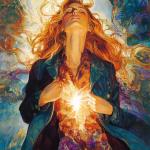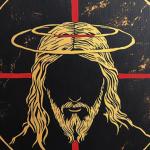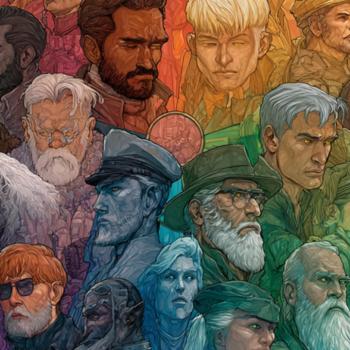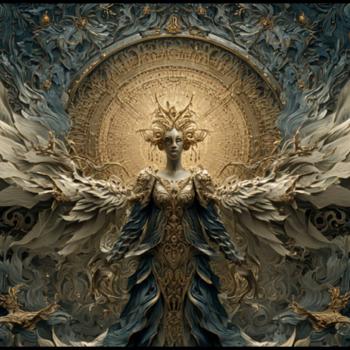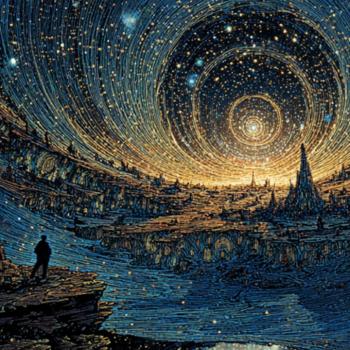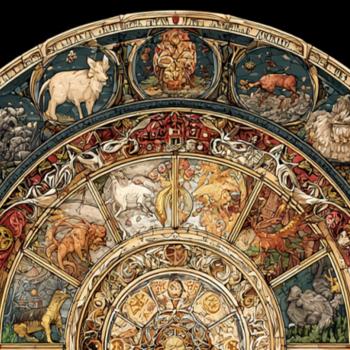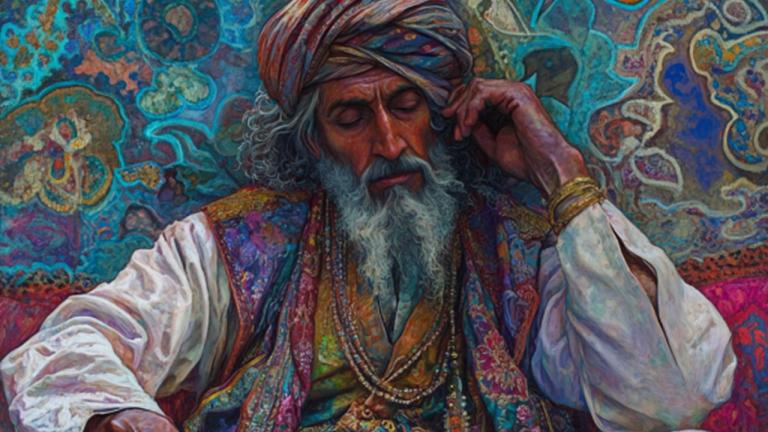
In the 9th century, a Sufi mystic named Husayn Ibn Mansur al-Hallaj lived a life so controversial, so deeply radical, that it ultimately cost him his own. His crime? Suggesting that the holiest of temples was not found in stone or shrine, but within each of us. His words unsettled the religious authorities of his time, and for his unorthodox theology, he was condemned as a blasphemer and executed.
Yet, even death couldn’t silence him.
The poetry of Al-Hallaj vibrates with a raw, mystical intensity. It’s the kind of work that dares you to look inward, to dismantle the boundaries between yourself and the divine. His verses challenge, inspire, and—if you let them—transform.
Take these lines, for instance:
“Kill me, my faithful friends,
For in my being killed is my life.
My death is in my life.”
Here, Al-Hallaj speaks of annihilation—not in despair, but as a pathway to spiritual awakening. For him, the death of the ego, the surrender of selfhood, was the highest glory. It wasn’t an act of destruction, but of liberation. His words suggest that in being undone, we are remade into something eternal.
Or consider this passage:
“Between me and You, there is only me.
Take away the me, so only You remain.”
It’s breathtaking in its simplicity and profound in its implications. Al-Hallaj doesn’t see himself as separate from the divine but as an obstruction to it. If “me” can be stripped away, what remains is God.
For Al-Hallaj, poetry wasn’t just art; it was a living, breathing theology. He once said, “I am the Truth,” a phrase so provocative that it sealed his fate. But in the context of his writing, it becomes clear what he meant. To him, the divine wasn’t a distant deity but an intimate reality interwoven with our very existence.
One of his most stunning pieces goes like this:
“I am the One whom I love, and the One whom I love is myself.
We are two souls incarnated in one body;
if you see me, you see Him,
if you see Him, you see us.”
It’s a love poem, yes, but not in the way we might first imagine. It speaks to a union so complete that even the lines between lover and beloved blur. It’s a love that transcends, that unifies, that speaks to the sacredness of every being.
Another poem by Al-Hallaj reads:
“I saw my Lord with the eye of my heart
I said: “Who are you?” He said, “You!”
But for You, “where” cannot have a place
and there is no “where” when it concerns You.
The mind has no image of your existence in time
which would permit the mind to know where You are.
You are the one who encompasses every “where”
up to the point of nowhere.
So where are You?
And in my annihilation, my annihilation was annihilated
and in my annihilation I found You!”
Al-Hallaj’s life and work remind us that the spiritual path isn’t always easy or safe.
His words cost him his life, but they’ve endured for over a millennium, reaching into the hearts of those brave enough to wrestle with their meaning.
The poem where he famously declared “I am the Truth” contains these lines:
“My unique one chose me for a unique truth,
one to which no path leads.
For I am the Truth, a truth that Truth deserved,
clothing its essence with no more separation.
Rising suns have manifested, shining,
glittering, and the rising suns are lightning!”
This poetry is an invitation—a call to look within, to find the holy shrine not in temples or mosques, but in the space where “me” dissolves, and only “You” remains.
So, what will you find in that space?
Only you—and perhaps Al-Hallaj—can answer that.
**
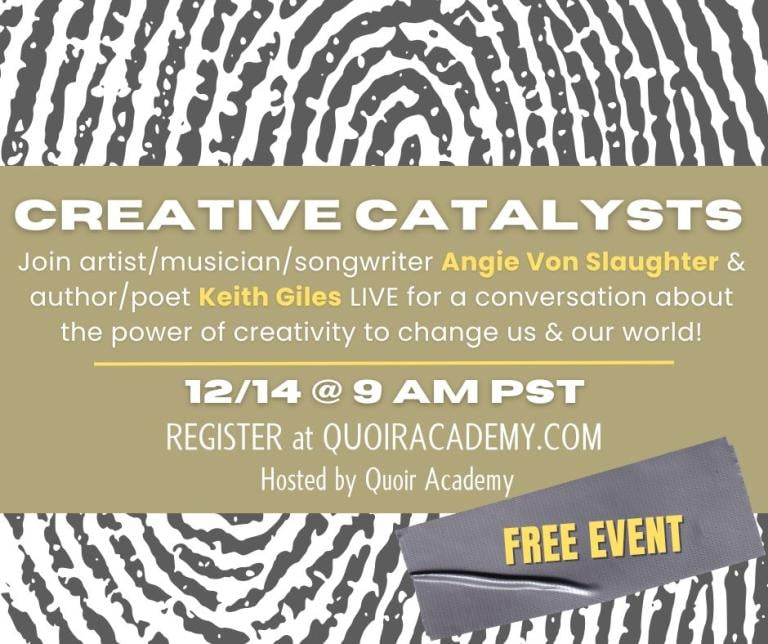
Are you an artist, painter, poet, author or just an otherwise creative person? Do you sometimes struggle with inspiration, motivation, or self-doubt?
Or maybe you’re wondering how you can create art that touches people, and makes a difference in our world?
If that’s you, I invite you to join me and my friend Angie Von Slaughter for a FREE one-hour LIVE Webinar this Saturday, Dec. 14, at 9am PST/12pm EST called CREATIVE CATALYSTS where we’ll talk about the power of creativity to change us and our world.
To register and hold your spot for this live webinar, GO HERE>
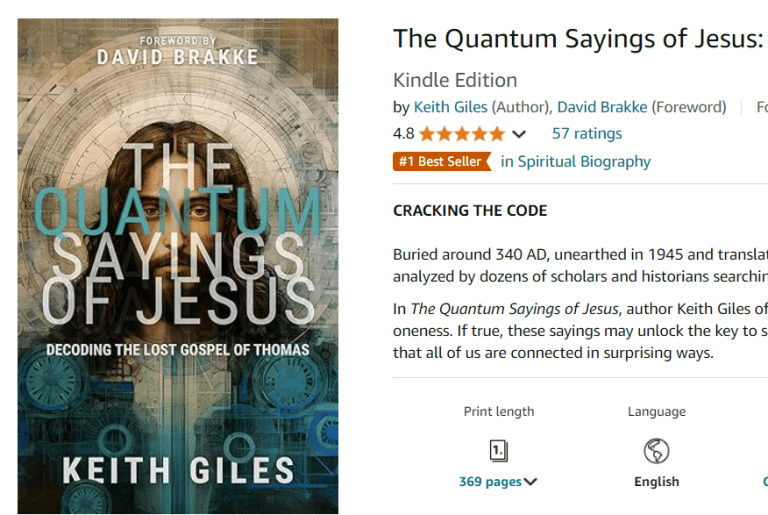
The newest book from Keith Giles, “The Quantum Sayings of Jesus: Decoding the Lost Gospel of Thomas” is available now on Amazon. Order HERE>
Keith Giles is the best-selling author of the Jesus Un series. He has appeared on CNN, USA Today, BuzzFeed, and John Fugelsang’s “Tell Me Everything.”
He co-hosts The Heretic Happy Hour Podcast and his solo podcast, Second Cup With Keith which are both available on Spotify, Amazon, Apple, Podbean or wherever you find your podcast fix.


